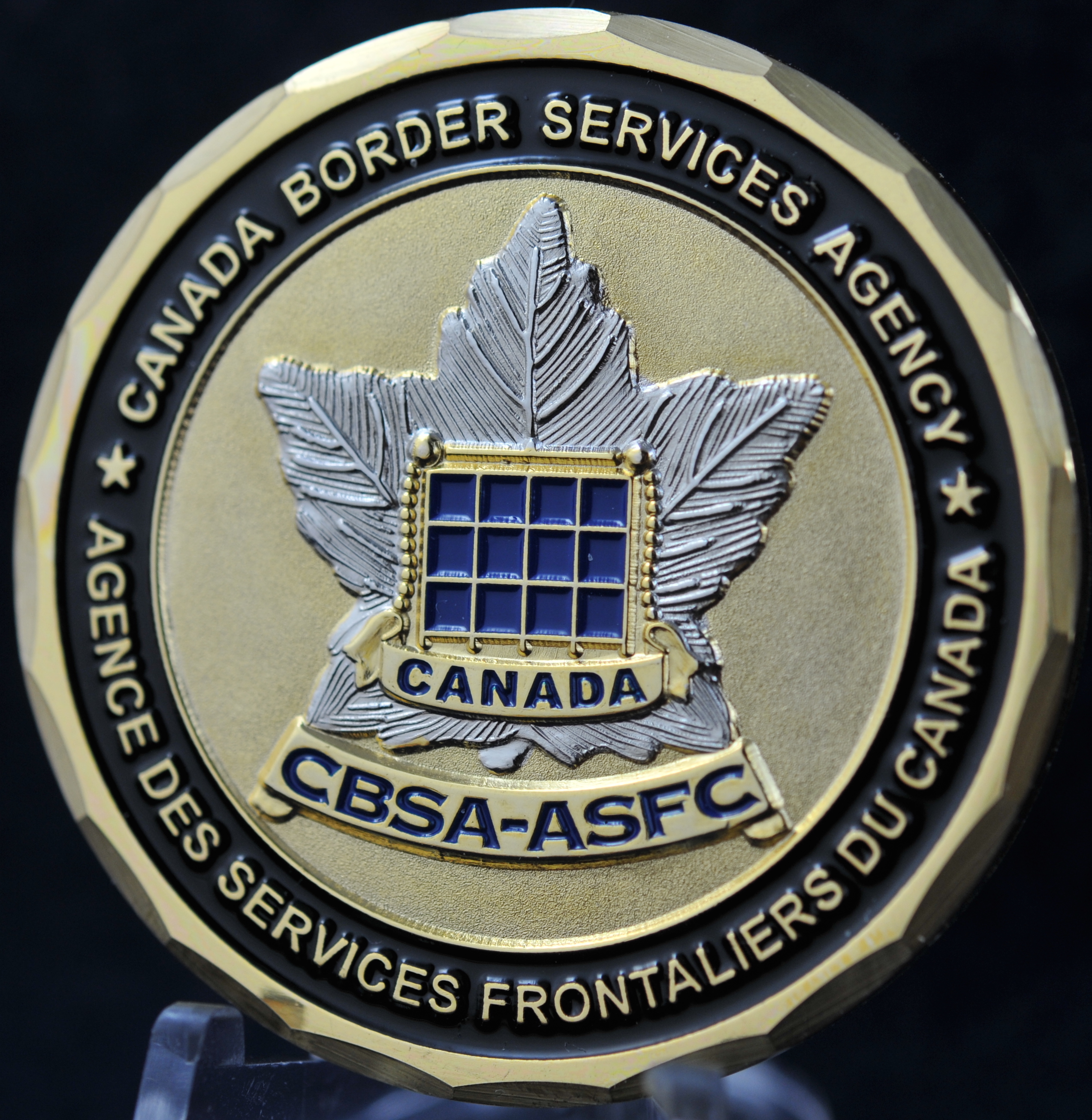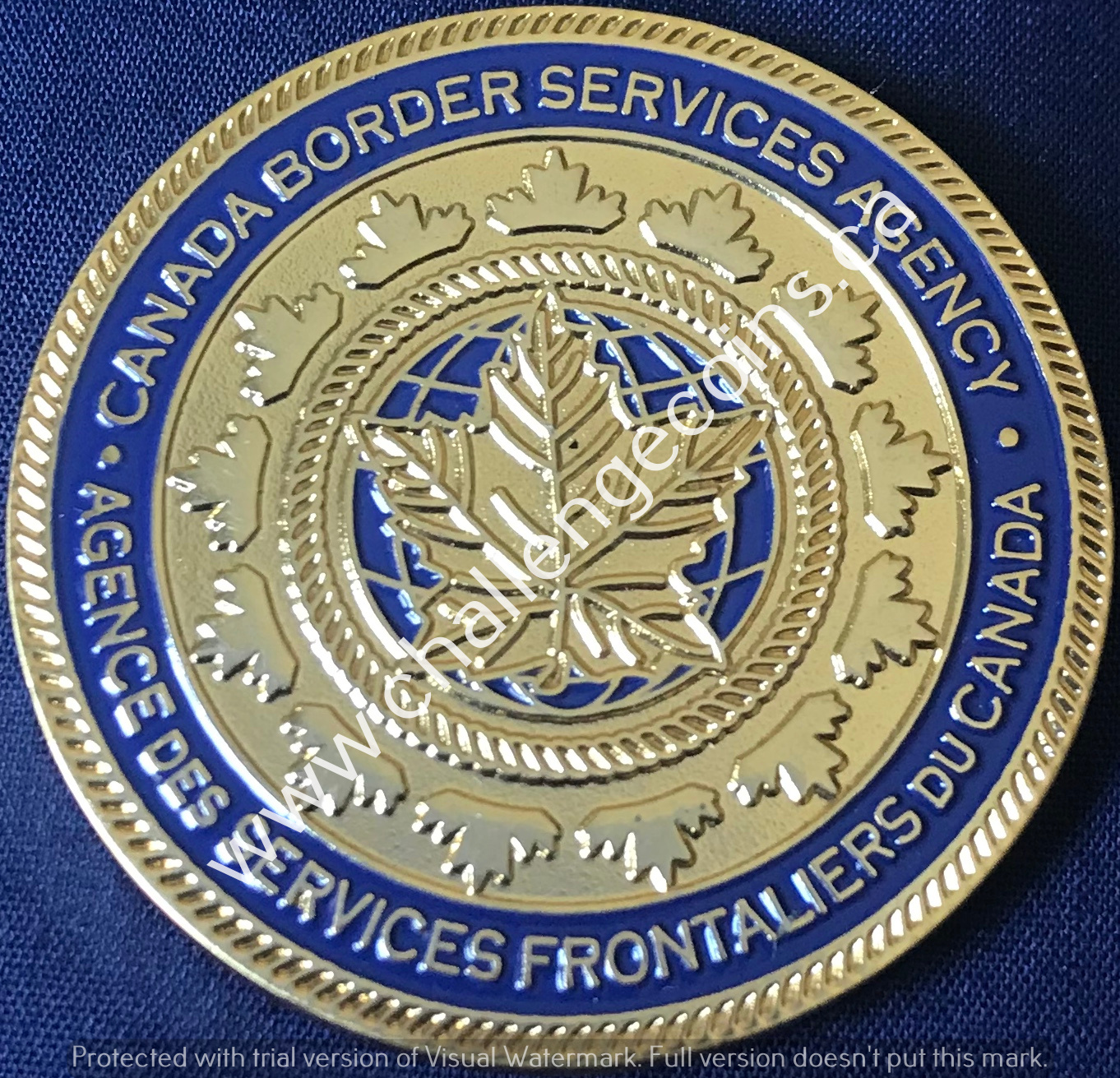The Canada Border Services Agency (CBSA) plays a pivotal role in safeguarding Canada's borders while facilitating legitimate trade and travel. As a key federal agency, the CBSA ensures the security and prosperity of the nation by enforcing customs, immigration, and border-related laws. Whether you're a traveler, importer, or exporter, understanding the CBSA's functions is essential to navigating Canada's border policies effectively. With its commitment to protecting national security and fostering economic growth, the CBSA stands as a cornerstone of Canada's governance framework.
Established in 2003, the CBSA has evolved into one of the most advanced border security organizations globally. It operates under the broader mandate of the Public Safety Canada portfolio and collaborates with other government agencies, international partners, and stakeholders to maintain the integrity of Canada's borders. From managing customs duties to preventing the entry of prohibited goods, the CBSA's responsibilities are vast and complex. Its operations are guided by principles of fairness, transparency, and accountability, ensuring that its decisions align with Canada's legal and ethical standards.
This article delves into the multifaceted role of the Canada Border Services Agency, shedding light on its functions, significance, and impact on both individuals and businesses. Whether you're planning to travel to Canada, engage in cross-border trade, or simply want to learn more about how the CBSA operates, this guide will equip you with the knowledge you need. By the end of this article, you'll have a comprehensive understanding of the CBSA's role in maintaining Canada's security and economic well-being.
Read also:Marcella Francesca Hetfield A Rising Star In The Entertainment Industry
Table of Contents
- Role and Responsibilities of the CBSA
- Guidelines for Travelers Entering Canada
- Importing and Exporting Goods
- Prohibited and Restricted Items
- Border Security and Immigration Enforcement
- Technology and Innovation in Border Management
- Economic Impact of CBSA Operations
- International Cooperation and Partnerships
- Legal Framework and Compliance
- Future Outlook and Challenges
Role and Responsibilities of the CBSA
The Canada Border Services Agency is tasked with a wide array of responsibilities that ensure the safety and efficiency of Canada's borders. Its primary functions include enforcing customs and immigration laws, preventing the entry of prohibited goods, and facilitating legitimate trade and travel. The CBSA operates at various points of entry, including land borders, airports, and seaports, to monitor and regulate the movement of people and goods.
One of the CBSA's core responsibilities is managing customs duties and taxes. This involves assessing and collecting duties on imported goods, ensuring compliance with trade regulations, and preventing smuggling and fraud. Additionally, the agency plays a crucial role in immigration enforcement by screening travelers and identifying individuals who may pose a risk to national security or public safety.
The CBSA also collaborates with other government departments, such as Health Canada and the Canadian Food Inspection Agency, to enforce regulations related to food safety, health, and environmental protection. This multi-agency approach ensures that Canada's borders remain secure while supporting economic growth and public welfare.
Guidelines for Travelers Entering Canada
Traveling to Canada requires adherence to specific guidelines set by the CBSA. These guidelines are designed to ensure the safety and security of all travelers while maintaining the integrity of Canada's borders. Whether you're arriving by air, land, or sea, understanding these requirements is crucial for a smooth entry process.
Documentation Requirements
All travelers must present valid identification and travel documents upon arrival. For Canadian citizens, this includes a valid passport or permanent resident card. Non-citizens must provide a valid visa or electronic travel authorization (eTA), depending on their nationality. The CBSA advises travelers to check their document requirements well in advance to avoid delays or complications.
Customs Declarations
Upon arrival, travelers are required to complete a customs declaration form, either electronically or in paper format. This form asks for details about the goods you're bringing into Canada, including items purchased abroad, gifts, and personal belongings. Failing to declare certain items can result in penalties or confiscation.
Read also:Jensen Gering Unveiling The Rising Stars Journey And Impact
Prohibited and Restricted Items
- Firearms and weapons
- Certain food products and plants
- Counterfeit goods and pirated materials
- Illegal drugs and substances
Travelers should familiarize themselves with the CBSA's list of prohibited and restricted items to avoid violations.
Importing and Exporting Goods
The CBSA plays a critical role in regulating the import and export of goods, ensuring compliance with Canada's trade laws and international agreements. Businesses and individuals involved in cross-border trade must adhere to specific procedures and requirements to avoid penalties or delays.
Import Procedures
Importers must provide accurate documentation, including invoices, certificates of origin, and permits, when bringing goods into Canada. The CBSA assesses these documents to determine applicable duties and taxes. Importers are also required to comply with safety and environmental standards, particularly for regulated goods such as food, pharmaceuticals, and chemicals.
Export Regulations
Exporters must comply with Canada's export control laws, which regulate the movement of goods that may have strategic, military, or dual-use applications. Certain goods, such as firearms and technology, require export permits issued by Global Affairs Canada. The CBSA works closely with exporters to ensure compliance and facilitate the efficient movement of goods.
Prohibited and Restricted Items
The CBSA enforces strict regulations regarding prohibited and restricted items to protect public safety, health, and the environment. Understanding these regulations is essential for travelers, importers, and exporters to avoid legal issues and penalties.
Prohibited Items
Prohibited items are goods that cannot be brought into Canada under any circumstances. These include illegal drugs, certain types of weapons, and counterfeit products. The CBSA employs advanced screening technologies and rigorous inspection processes to detect and prevent the entry of prohibited goods.
Restricted Items
Restricted items are goods that require special permits or licenses to enter Canada. Examples include certain plants, animals, and food products. The CBSA works with other government agencies to enforce these restrictions and ensure compliance with health and safety regulations.
Border Security and Immigration Enforcement
Border security is a top priority for the CBSA, which employs a multi-layered approach to protect Canada's borders from threats such as terrorism, organized crime, and illegal immigration. The agency's immigration enforcement activities focus on identifying and removing individuals who pose a risk to national security or public safety.
The CBSA uses advanced technologies, such as biometric screening and surveillance systems, to enhance border security. It also collaborates with international partners to share intelligence and coordinate efforts to combat cross-border crime. These measures ensure that Canada's borders remain secure while facilitating legitimate travel and trade.
Technology and Innovation in Border Management
The CBSA leverages cutting-edge technology to enhance its border management capabilities. From automated customs systems to advanced data analytics, the agency continuously invests in innovation to improve efficiency and security.
One notable initiative is the CBSA's use of artificial intelligence (AI) to analyze data and identify potential risks. This technology enables the agency to prioritize inspections and allocate resources more effectively. Additionally, the CBSA has implemented electronic systems for customs declarations and traveler screening, reducing wait times and improving the overall travel experience.
Economic Impact of CBSA Operations
The CBSA plays a vital role in supporting Canada's economy by facilitating legitimate trade and travel. Its operations contribute to job creation, economic growth, and international competitiveness.
According to Statistics Canada, international trade accounts for a significant portion of Canada's GDP. The CBSA's efforts to streamline customs procedures and reduce delays have a direct impact on the efficiency of supply chains and the competitiveness of Canadian businesses. By ensuring compliance with trade regulations, the agency also helps protect domestic industries from unfair competition.
International Cooperation and Partnerships
The CBSA collaborates with international organizations and foreign governments to enhance border security and promote global trade. These partnerships enable the agency to share intelligence, coordinate enforcement actions, and harmonize regulations.
One example is the CBSA's participation in the Five Country Conference (FCC), which includes Australia, Canada, New Zealand, the United Kingdom, and the United States. This collaboration focuses on improving border security and facilitating legitimate travel among member countries. The CBSA also works with the World Customs Organization (WCO) to develop global standards for customs procedures.
Legal Framework and Compliance
The CBSA operates within a robust legal framework that includes federal laws, regulations, and international agreements. These laws govern the agency's activities and ensure accountability and transparency.
Key legislation includes the Customs Act, the Immigration and Refugee Protection Act, and the Quarantine Act. The CBSA is also subject to oversight by independent bodies, such as the Office of the Auditor General, to ensure compliance with legal and ethical standards.
Future Outlook and Challenges
As global trade and travel continue to evolve, the CBSA faces new challenges and opportunities. Emerging trends such as e-commerce, climate change, and cybersecurity present unique challenges that require innovative solutions.
To address these challenges, the CBSA is investing in digital transformation and workforce development. The agency is also exploring new partnerships and technologies to enhance its capabilities and adapt to changing circumstances. By staying ahead of these trends, the CBSA aims to maintain its position as a leader in border management and security.
Conclusion
The Canada Border Services Agency plays a critical role in safeguarding Canada's borders while facilitating legitimate trade and travel. Its diverse responsibilities, from customs enforcement to immigration screening, ensure the security and prosperity of the nation. By understanding the CBSA's functions and guidelines, travelers, importers, and exporters can navigate Canada's border policies effectively.
We hope this article has provided you with valuable insights into the CBSA's operations and significance. If you found this guide helpful, please share it with others or leave a comment below. For more information on related topics, explore our other articles on border security and international trade.

